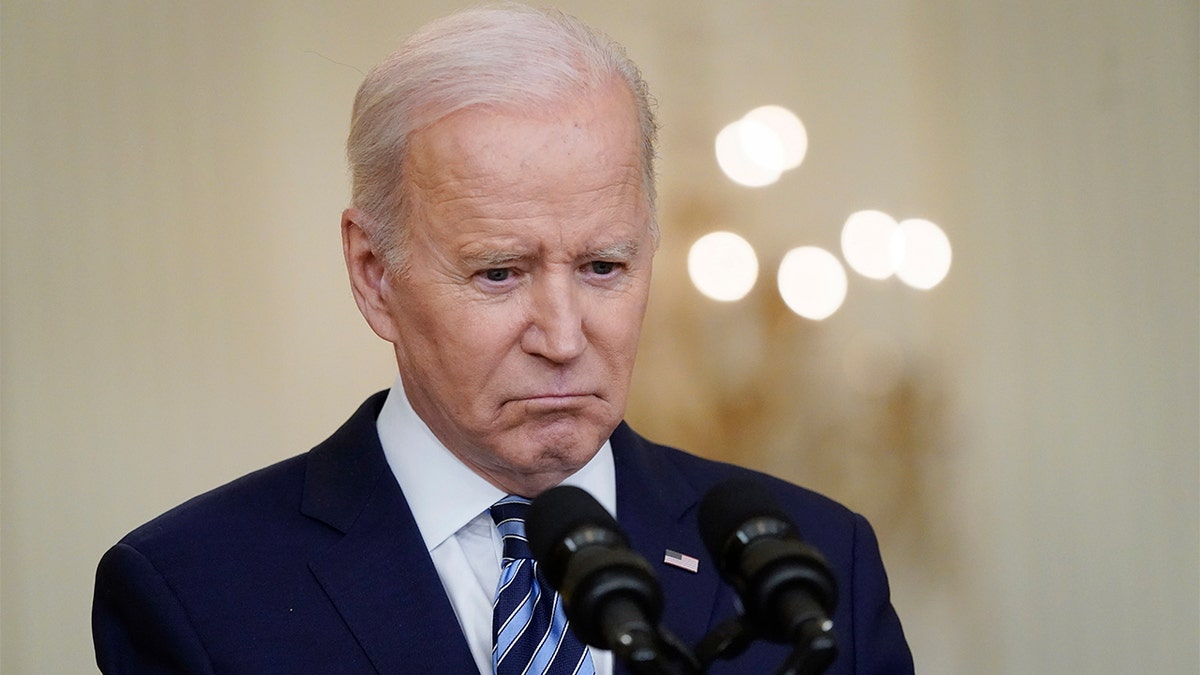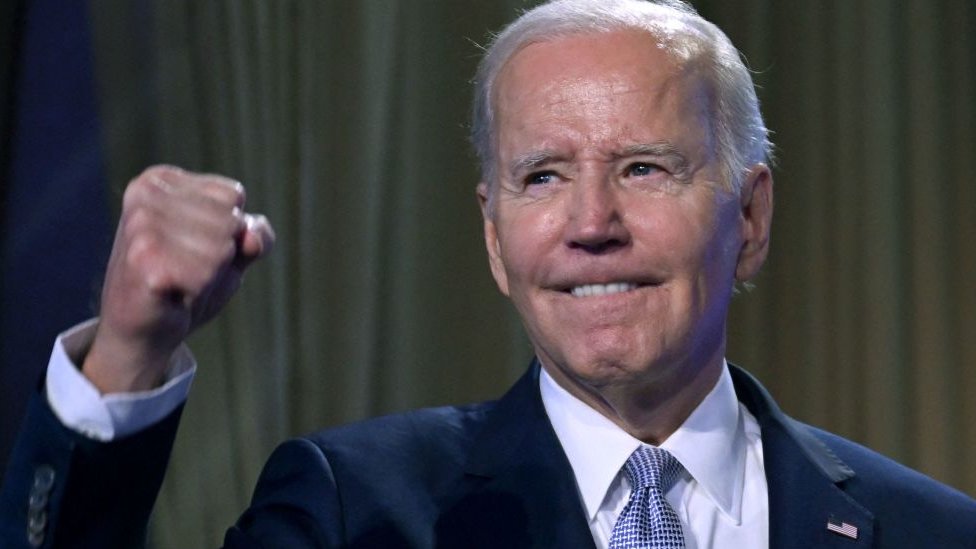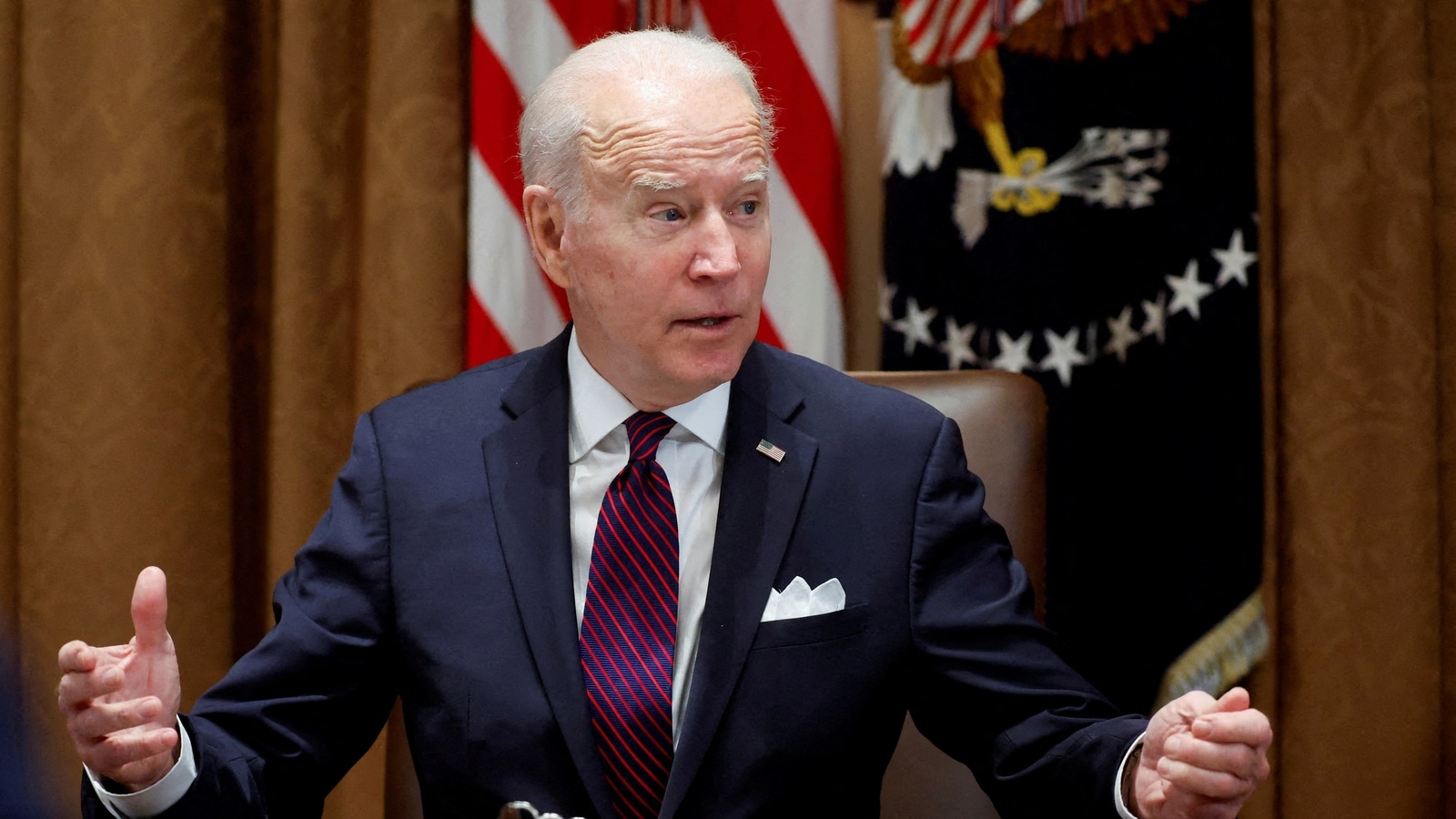As the health of public leaders continues to be a topic of interest and concern, a growing number of medical professionals are advocating for more transparency and comprehensive assessments—particularly when it comes to the cognitive and neurological health of elected officials. Recently, Dr. Russell Surasky, a board-certified neurologist, joined the conversation by sharing his views on the importance of proper screening for cognitive conditions, especially among aging individuals in positions of power.
In an interview shared across several online platforms, Dr. Surasky, who holds dual board certifications in neurology and addiction medicine, discussed the health of U.S. President Joe Biden, emphasizing the need for routine cognitive evaluations in older adults and calling for objective assessments that are medically grounded and non-partisan.
Addressing Public Concerns About Cognitive Health
Public discussions around President Biden’s cognitive capabilities have grown in recent years, largely fueled by his age—he is the oldest serving U.S. president in history—and occasional verbal missteps captured during speeches or media appearances. While such issues are not uncommon in elderly individuals and do not inherently indicate a neurological disorder, they have led to widespread speculation, some of which lacks scientific grounding.
In his remarks, Dr. Surasky did not diagnose the president, nor did he claim to have conducted any personal medical evaluation. Instead, he highlighted the importance of medical transparency and the potential value of conducting an MRI scan and standard neurological tests to rule out or confirm any conditions affecting cognitive performance.
“My position is based on a professional understanding of how certain neurological conditions present themselves,” Dr. Surasky said. “Any suggestion of cognitive decline, whether in a patient or a public official, should be met with proper evaluation using gold-standard diagnostic tools—not assumptions or speculation.”
Differentiating Between Medical Conditions
In the interview, Dr. Surasky clarified that he does not believe President Biden shows signs consistent with Parkinson’s disease, a progressive nervous system disorder often accompanied by tremors and slowed movement. Contrary to some unverified media reports that have floated the idea, he emphasized that such claims require direct clinical confirmation and that Parkinson’s should not be casually attributed based on video clips or isolated incidents.
Instead, Dr. Surasky suggested that if there were cognitive concerns, a more plausible medical consideration—in general, for someone in the president’s age group—could be vascular cognitive impairment, which can occur due to reduced blood flow to the brain. This condition, often referred to as vascular dementia, is a type of cognitive decline linked to cardiovascular health, strokes, or minor blood vessel damage over time.¹
He emphasized that such assessments should always be conducted with evidence-based testing, including brain imaging such as MRI scans, and formal neuropsychological evaluations.

What Is Vascular Cognitive Impairment?
Vascular cognitive impairment (VCI) is a spectrum of conditions resulting from cerebrovascular disease, affecting cognitive functions such as memory, attention, and reasoning. According to the Alzheimer’s Association, vascular dementia is the second most common form of dementia after Alzheimer’s disease and often results from small strokes or chronic vascular issues.²
VCI is more prevalent among older adults and individuals with a history of high blood pressure, diabetes, or heart disease. Symptoms can include difficulty concentrating, slowed thinking, memory lapses, and challenges with problem-solving. Importantly, these symptoms can overlap with other conditions and vary widely in severity.
However, not all individuals showing minor cognitive lapses have dementia. Age-related cognitive changes are normal and often non-pathological. That’s why comprehensive neurological assessments are critical before drawing conclusions.

The Role of Medical Transparency in Leadership
In democracies around the world, the physical and cognitive health of elected leaders is a subject of legitimate public interest. Historically, some presidents and heads of state have faced scrutiny for concealing or downplaying health conditions. Advocates argue that greater transparency helps build public trust and ensures accountability.
In the U.S., presidential health reports are typically released at regular intervals, though they often provide limited detail. For instance, President Biden’s most recent White House medical summary, released by his physician, stated that he remains “fit for duty” and is capable of fulfilling the demands of the presidency.³ The report also noted minor conditions commonly seen in older adults, such as stiff gait and occasional coughing, but no concerns about cognitive decline were officially raised.
Still, some experts, including Dr. Surasky, believe that routine neurological screenings for public leaders over a certain age should be standard protocol, not because of specific suspicions, but as a safeguard in high-stakes roles.
“This isn’t about politics,” Dr. Surasky noted. “It’s about applying the same standards of care we’d use in any clinical context—especially when the implications affect millions of people.”

Media, Speculation, and Ethical Reporting
Amid rising political polarization, speculation about public figures’ health has often been weaponized by commentators on both sides of the aisle. Experts caution against drawing conclusions without medical expertise or context.
Leading medical associations such as the American Academy of Neurology (AAN) and the American Medical Association (AMA) discourage physicians from diagnosing individuals they have not personally examined, a practice sometimes referred to as “armchair diagnosis.”
While Dr. Surasky’s comments remained within the bounds of professional recommendations and did not include a diagnosis, he reiterated that objective data—such as brain scans and cognitive testing—is essential before making any definitive statements about an individual’s mental fitness.

Final Thoughts: A Call for Evidence-Based Health Standards
As discussions around President Joe Biden’s health continue in the public sphere, voices like Dr. Surasky’s underscore the need for evidence-based evaluation, responsible reporting, and depoliticized dialogue. Whether for the President or any aging leader, advocating for transparent, medical assessments is not a political stance—it’s a public health priority.
While President Biden has not shown any clinically confirmed signs of neurological illness beyond those typical of aging, calls for more standardized health screening protocols for senior leaders may gain traction in the years ahead.
With the 2024 election cycle now behind and 2025 well underway, the focus, according to experts, should remain on verifiable health information, non-partisan medical analysis, and public trust through transparency—not speculation.
References:
- National Institutes of Health – What Is Vascular Dementia?
- Alzheimer’s Association – Vascular Dementia Overview
- White House – 2024 Physical Examination Report of President Biden

